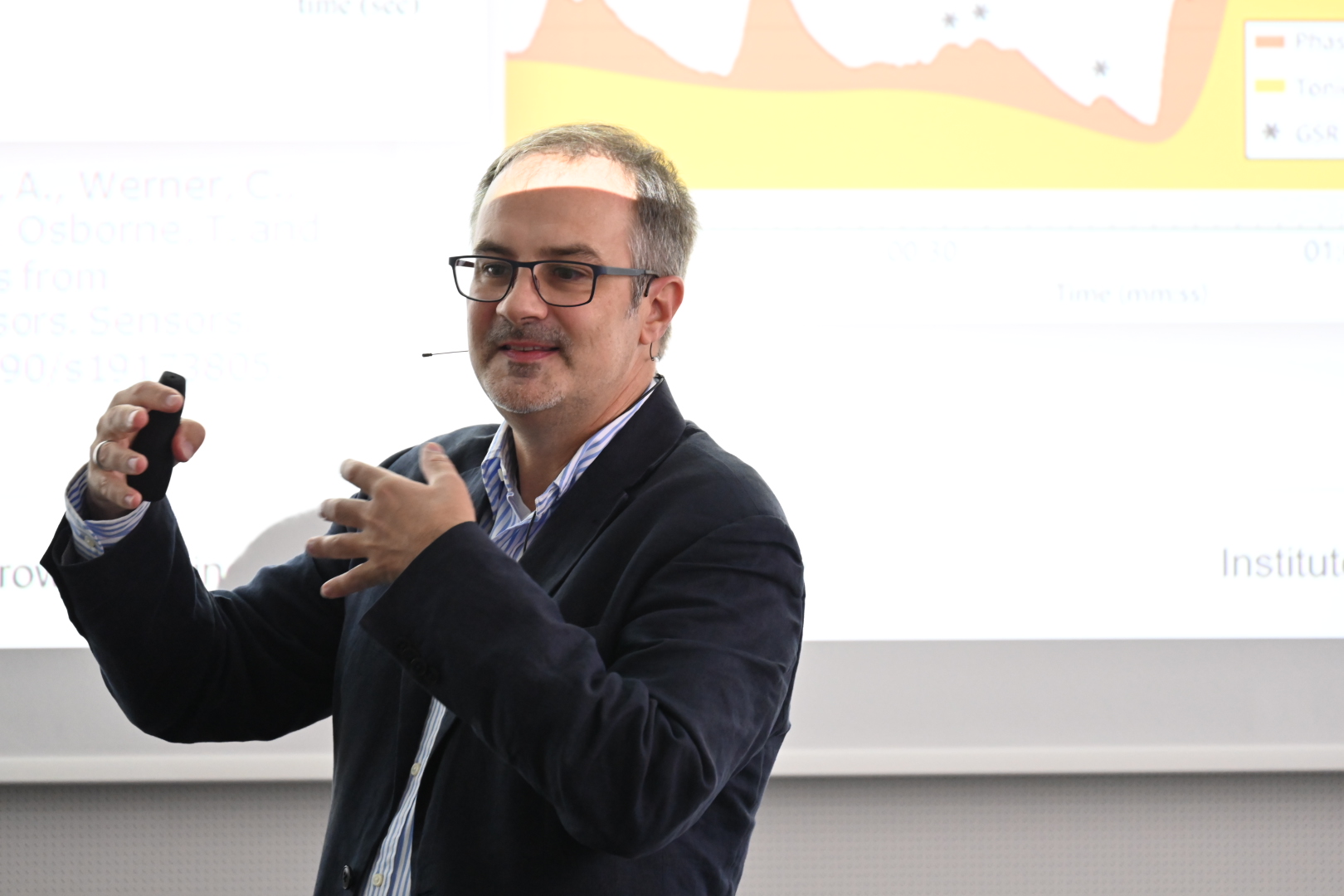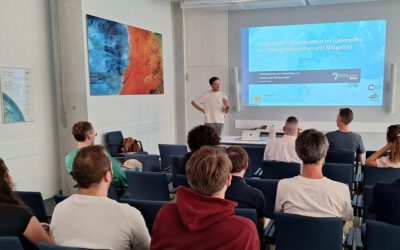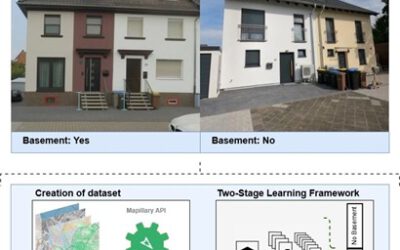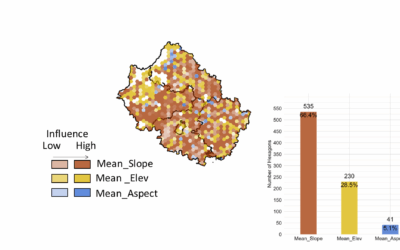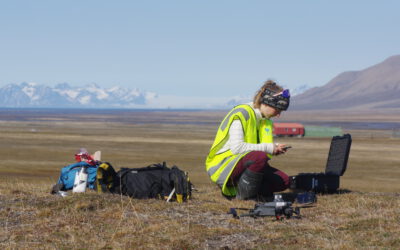Ankhi Mukherjee from the University of Oxford provided an eye-opening keynote titled “Open, closed, and interrupted city”. In her inspiring talk she proposed interruption as a chronotope, with its intrinsic interconnectedness and spatial relationships. She introduced different pathologies of interruption: that of unfinished, untold stories; truncated lives; the metaphysics of a non-tactilist touch; the clinical interruptions that structure immigrant psychoanalysis.
In the session “Twitter data in GLS”, Martin Mühlbauer and Ralph Kiefl from der German Aerospace Center (DLR) presented examples of the preprocessing of textual data from the WWW: GDELT and Twitter. Marta Sapena-Moll from the DLR introduced her study on leveraging Twitter data to support risk assessment in Medellín, Colombia. Additionally, Regina Grund explored online conversations on popular culture, with Twitter data from New York City.
In the session “Language, space and emotion”, Matthias Gamer gave a talk titled “How anxiety changes our view of the world”. In his presentation he showed how emotions influence human behaviour, in particular the patterns of use of space. Alex Gomes presented her work on “Beyond the visual: Understanding the impact of sensory experiences in public space use”. In this talk, she stressed how data on people’s senses such as smell, touch and hearing can provide relevant insights to assess urban spaces.
Finally, Karen Chen’s talk was on her study on the risk of depression change across urban morphology. In her talk she highlighted the relevance of prioritizing access to open space in densely built areas to mitigate depression risks.

